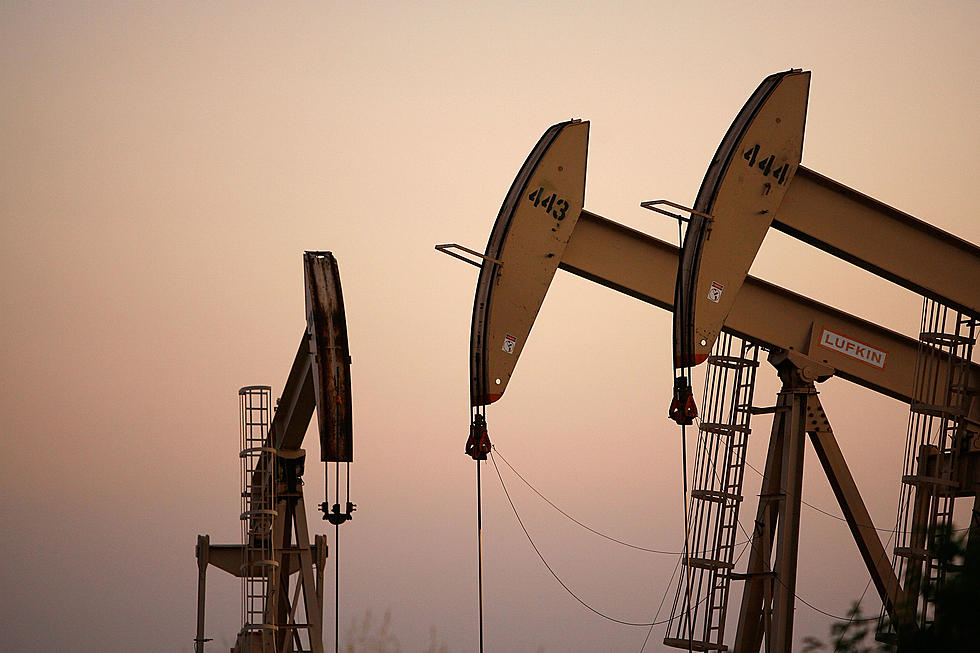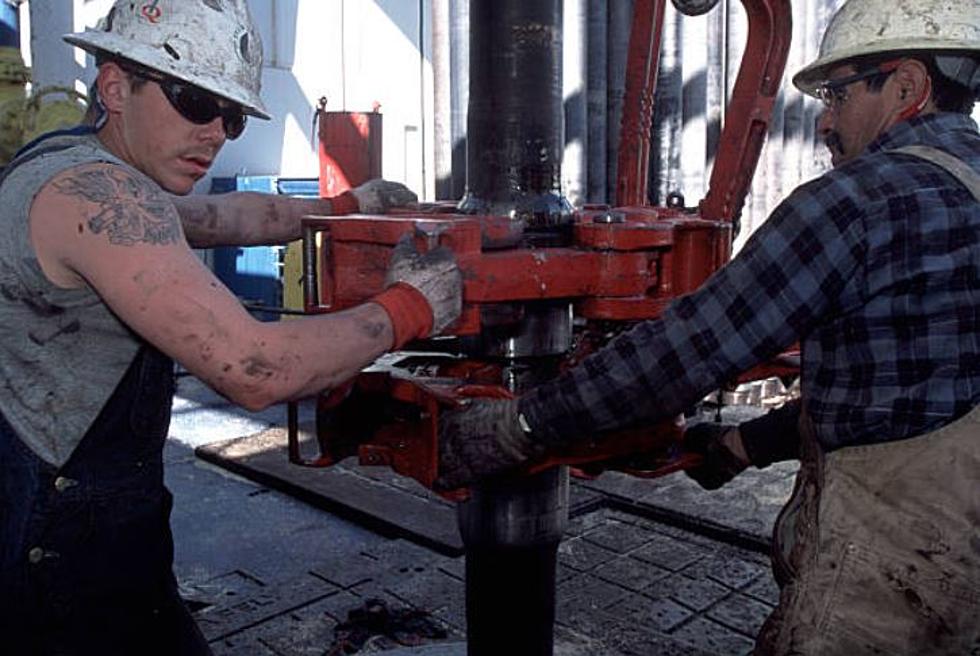
Federal Court Blocks Oil & Gas Drilling on 282 Leases in Wyoming
A U.S. District Court judge ruled Tuesday that federal officials failed to adequately consider the impacts of climate change when they allowed oil and gas drilling on nearly 500 square miles of federal land in Wyoming.
"Until [the U.S. Bureau of Land Management] sufficiently explains its conclusion that the Wyoming Lease Sales did not significantly affect the environment, BLM may not authorize new drilling on the leased parcels," wrote Judge Rudolph Contreras of the Washington, D.C., District of the U.S. District Court
Contreras did not block drilling statewide, but ordered the BLM to not allow drilling on 282 lease sites until it reconsiders its analyses.
The judge began his opinion stating, "Climate change, and humanity's ability to combat it, are increasingly prominent topics of public discourse."
In August 2016, the nonprofit organizations Wildearth Guardians and Physicians for Social Responsibility sued the U.S. Department of Interior and the BLM over its leasing decisions in Wyoming, Utah and Colorado, saying the National Environmental Protection Act requires federal agencies to consider the environmental consequences of their actions.
The BLM conducted environmental assessments and "findings of no significant impact" studies, Contreras wrote.
"[The BLM] failed, however, to provide the information necessary for the public and agency decision makers to understand the degree to which the leasing decisions at issue would contribute to those impacts," Contreras wrote. "In short, BLM did not adequately quantify the climate change impacts of oil and gas leasing."
Specifically in Wyoming, the BLM held five oil and gas lease sales between May 2015 and August 2016, with 282 lease sales on about 303,000 acres. The sale of a lease does not necessarily mean a well will be drilled, but the judge wrote that it is "an irrevocable commitment to oil and gas drilling."
The BLM conducted environmental assessments that looked at greenhouse gas emissions, but concluded they would not have a measurable effect compared to total national or global emissions, Contreras wrote. The plaintiffs argued that the "BLM failed to take a 'hard look' at GHG emissions and the climate change impact of those emissions."
In response, Wyoming, Utah and Colorado intervened on behalf of the BLM. The Petroleum Association of Wyoming and the American Petroleum Institute also filed as intervenors.
The defendants and intervenors argued that lease site-specific analyses without access to site-specific variables would be speculative at best, would not help the BLM in making decisions "'and would undoubtedly be fruitless or impossible.'"
Contreras responded that the BLM ignored the voluminous agency information about oil and gas development and greenhouse gas emissions.
"Simply put, [the National Environmental Protection Act] requires more robust analyses of [greenhouse gas emissions] from oil and gas drilling and downstream use," he wrote.
However, Contreras rejected the request by Wildearth Guardians and Physicians for Social Responsibility to completely void the issued leases and stop the BLM from authorizing more leases until it fully complies with the National Environmental Protection Act.
Instead, he ruled to leave the Wyoming leases in place while the BLM attempts to fix the problems raised by the plaintiffs.
The plaintiffs challenged only one of nine lease sales, Contreras wrote. "BLM's NEPA violation consists merely of a failure to fully discuss the environmental effects of those lease sales; nothing in the record indicates that on remand the agency will necessarily fail to justify its decisions to issue [environmental assessments] and [findings of no significant impact]."
However, the BLM still needs to do more work, he wrote. "Until BLM supplements those documents it is enjoined from issuing [applications for permit to drill] or otherwise authorizing new oil and gas drilling on the Wyoming Leases."
More From K2 Radio









